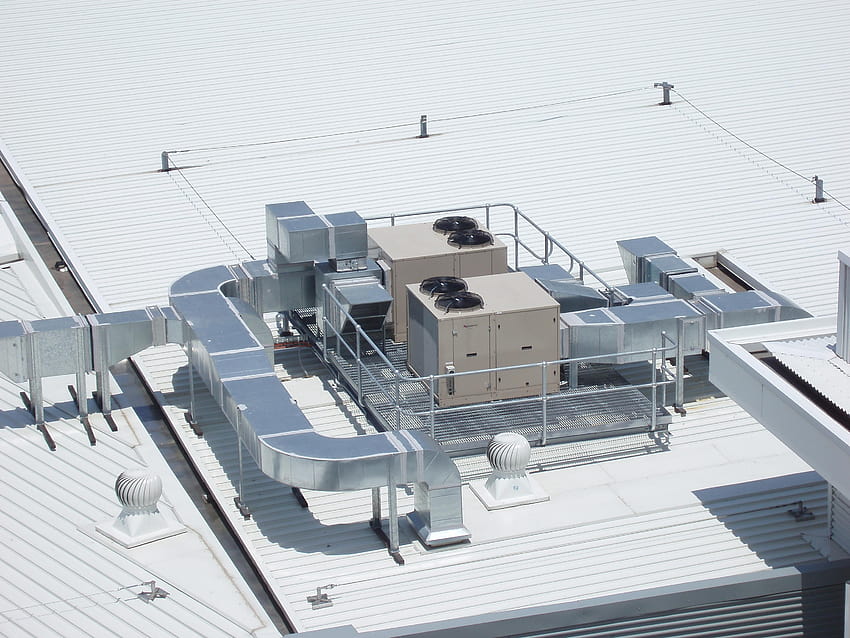Chill Out or Heat It Up: Mastering Your Home's Climate Control
Chill Out or Heat It Up: Mastering Your Home's Climate Control
Blog Article

In today's fast-paced world, our homes are often our sanctuaries, providing comfort and relaxation. One of the key elements in maintaining that comfort is effective climate control. Whether it's keeping warm during the winter months or staying cool when summer grips us in its heat, understanding heating and air conditioning systems is essential for any homeowner.
As energy costs rise and environmental concerns grow, finding the right balance in temperature control becomes even more crucial. This guide will help you navigate the ins and outs of heating and air conditioning, offering tips to optimize your home’s climate while maximizing efficiency and comfort. From choosing the right system to maintenance tips that extend its life, mastering your home's climate control is within reach.
Understanding HVAC Systems
HVAC systems, which stands for heating, ventilation, and air conditioning, play a crucial role in maintaining comfortable indoor environments. These systems are designed to regulate temperature, humidity, and air quality, ensuring that homes provide a pleasant atmosphere year-round. Whether it's a hot summer day or a chilly winter night, HVAC systems help keep indoor spaces livable and enjoyable.
There are various components that make up an HVAC system, including furnaces, air conditioners, heat pumps, ducts, and thermostats. Furnaces and boilers provide heating, while air conditioners and heat pumps are responsible for cooling. Proper ventilation is essential as it allows fresh air to circulate, removing contaminants and ensuring a healthy living space. Each component works together, and understanding their functions can help homeowners make informed decisions about their climate control needs.
Maintenance of HVAC systems is vital for optimal performance and energy efficiency. Regular inspections, filter replacements, and cleaning can prevent breakdowns and prolong the life of the equipment. Homeowners should also be aware of the signs that indicate their HVAC system may need repairs or upgrades. Being proactive about maintenance not only improves comfort but can also lead to significant savings on energy bills.
Energy Efficiency Tips
To enhance the efficiency of your heating and air conditioning systems, regular maintenance is essential. Ensure that filters are cleaned or replaced every one to three months, depending on usage. A clean filter allows for better airflow, which can reduce strain on the system and help maintain optimal performance. Additionally, schedule professional inspections at least once a year to catch potential issues before they escalate.
ApexHeatAndAC Energy-Efficient HVAC Solutions
Another effective way to improve energy efficiency is by optimizing your thermostat settings. Consider investing in a programmable or smart thermostat that can adjust temperatures automatically based on your daily routines. Setting the temperature a few degrees lower in winter and higher in summer can lead to significant savings on energy bills over time. Moreover, utilizing features like adaptive scheduling and remote access allows for greater control over your home’s climate.
Insulation also plays a critical role in maintaining energy efficiency. Proper insulation minimizes the loss of heated or cooled air, reducing the workload on your heating and air conditioning systems. Inspect areas such as attics, basements, and windows for drafts and leaks. Sealing these gaps with weather stripping or caulking can contribute to a more controlled indoor environment and lower energy consumption.
Smart Home Climate Control
Smart home climate control systems have revolutionized the way we manage heating and air conditioning in our living spaces. By integrating technology into our homes, we can now monitor and adjust our indoor climate with ease, ensuring comfort while maximizing energy efficiency. Smart thermostats, for instance, learn our routines and preferences, enabling them to automatically adjust temperatures based on when we are home or away. This level of automation not only enhances comfort but also contributes to significant savings on energy bills.
In addition to smart thermostats, there are a variety of smart HVAC devices available that allow for more granular control. These may include smart vents that can redirect airflow to specific rooms based on occupancy and temperature needs, or air quality monitors that adjust the system based on humidity and particulate levels. Such innovations create a responsive environment, allowing homeowners to tailor their indoor climate according to specific conditions and personal preferences.
The integration of smart home climate control systems with mobile apps and voice assistants further simplifies management. Homeowners can now control their heating and air conditioning systems remotely, ensuring that their homes are at the perfect temperature before they arrive. By providing real-time data and alerts, these systems help users make informed decisions regarding their energy use, fostering a greater awareness of their environmental impact while enhancing overall comfort in the home.
Report this page